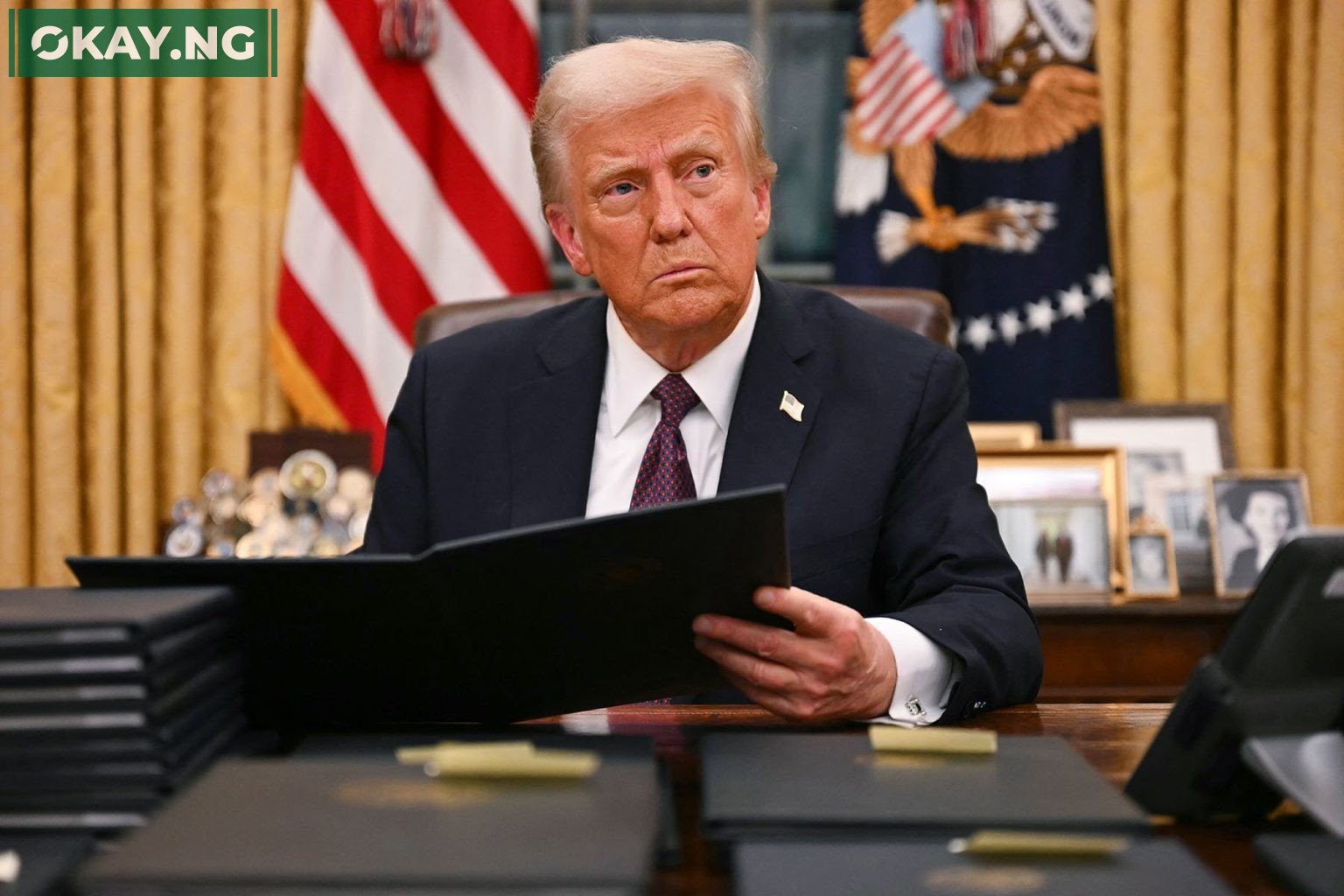President Donald Trump has dramatically broadened the scope of his planned “Liberation Day” tariffs, announcing they will apply to “essentially all of the countries” involved in trade imbalances with the United States, departing from earlier indications of a more targeted approach. This shift intensifies concerns about a potential global trade war and its subsequent economic ramifications.
Originally, White House economic adviser Kevin Hassett suggested the tariffs would focus on “10 to 15 countries with the worst trade imbalances.” However, Trump clarified his stance on Air Force One, stating, “You’d start with all countries…essentially all of the countries that we’re talking about.” This expansion signals a more aggressive trade policy, raising anxieties about the future of international trade relations.
Trump’s rationale centers on protecting the domestic economy from what he perceives as unfair global competition and using tariffs as leverage for better trade deals. “He sees tariffs as a way of protecting the domestic economy from unfair global competition and a bargaining chip for better terms for the U.S.,” as the original text stated. I understand the desire to protect domestic industries, but the potential for unintended consequences is significant.
Read Also: Trump Suspends Tariffs on Canada and Mexico, Trade War Uncertainty Persists
The president’s decision follows previous actions, including tariffs on aluminum, steel, and automobiles, as well as increased tariffs on all goods from China. His latest move to impose “reciprocal tariffs” aims to match duties charged by other nations on U.S. exports. In February, he directed U.S. trade officials to compile country-specific counter-measures. Last week, he hinted at potentially scaling back some tariff rates, adding a layer of uncertainty to the impending policy.
However, the escalation of these trade measures has unsettled markets, fueling fears of a potential recession within the U.S. The prospect of retaliatory tariffs from other nations looms large, potentially disrupting global supply chains and increasing consumer prices.
The implications of these global tariffs are far-reaching. Businesses reliant on international trade face increased costs and uncertainty, potentially leading to job losses and reduced investment. Consumers may experience higher prices on imported goods, impacting their purchasing power. Furthermore, the potential for a global economic slowdown could have cascading effects on various sectors.
The administration’s shift from a targeted approach to a global one reflects a significant change in U.S. trade strategy. This decision will undoubtedly be closely monitored by global markets and international leaders. The coming days will be critical in assessing the full impact of these “reciprocal tariffs” and their implications for the global economy.







